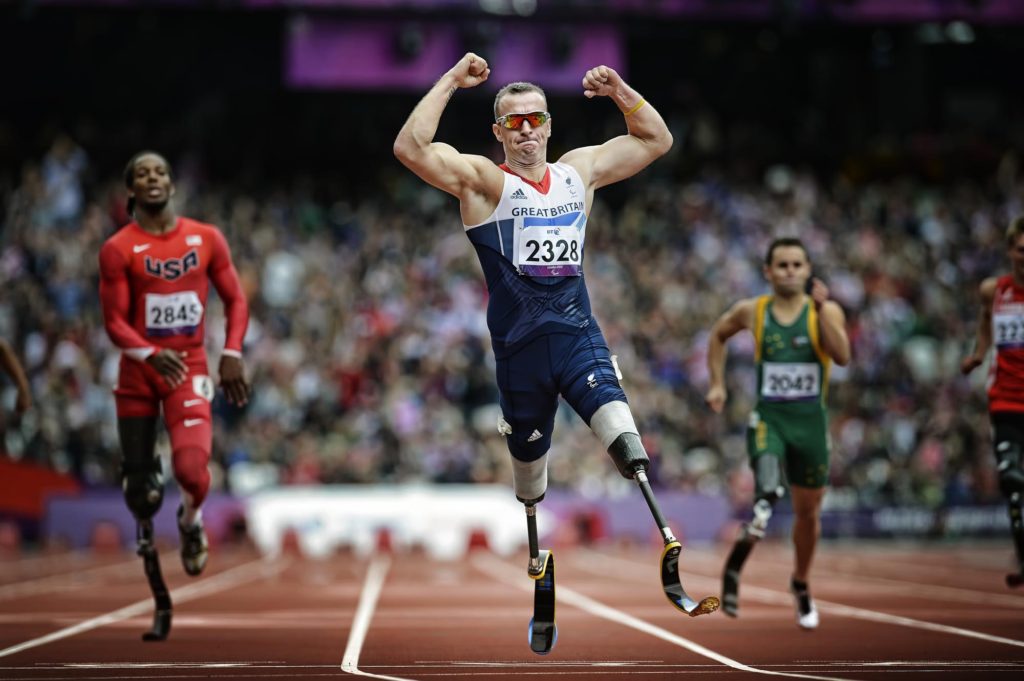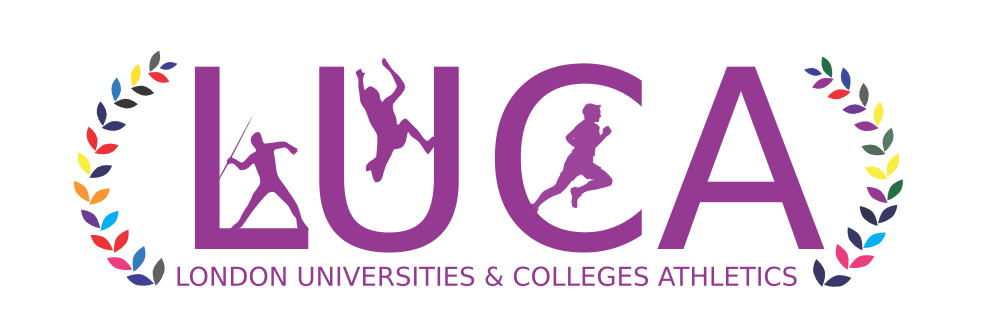
With just over 24 hours to go until the opening of the 2016 Rio De Janeiro Paralympics, the criticism of the paralympics is mounting. There are growing calls to abolish the Paralympics and integrate para-events alongside traditional events.
Rio’s Paralympics games are under-resourced and under-promoted. Venues have been closed to save costs and the workforce has been downsized.
These actions represent a major step backwards for para-athletes after the success of London 2012 and Beijing 2008.

International Paralympic Committee President, Sir Philip Craven said; “Never before in the 56-year history of the Paralympic Games have we faced circumstances like this.”
It serves as a depressing reminder that disabled people are all too often treated as second class citizens. So should the Paralympics be abolished in favour of integrating para-events alongside traditional events?
If this happened, Olympic Organisers would not be able to sideline the Paralympics and let Paralympic events run into budgetary and marketing issues.

That’s not to say that combining the two events would be easy. There would be major organisational challenges to roll two large scale events into one. But shouldn’t we at least try? For the sake of promoting equality and respect to para-athletes?
On a much smaller scale, on Sunday, the Queen Elizabeth Olympic Park played host to “Britain’s first fully inclusive fun run”, organised by Parallel London. The event proved to the ‘health and safety preachers’ that runners, racing wheelchairs, standard wheelchairs, frames and more can safely share the same space.
The London Marathon, which offers a measly 12 places for ‘day chair’ users outside the elite wheelchair events, should take note. And so should the IOC and IPC.
There are concerns, however, that already stretched and sometimes-patchy coverage would hit breaking point if the two competitions merged. Where would camera’s go with so many events being held side by side? Would disability sport actually receive less coverage if it merged? This may be particularly true of the lesser known sports, both para- and non-para sports.
But maybe risks have to be taken to ensure the hard work of Paralympians is properly recognised in the same light as their Olympic peers. One thing is for sure, the Paralympics can not be allowed to suffer massive budget cuts ever again.
